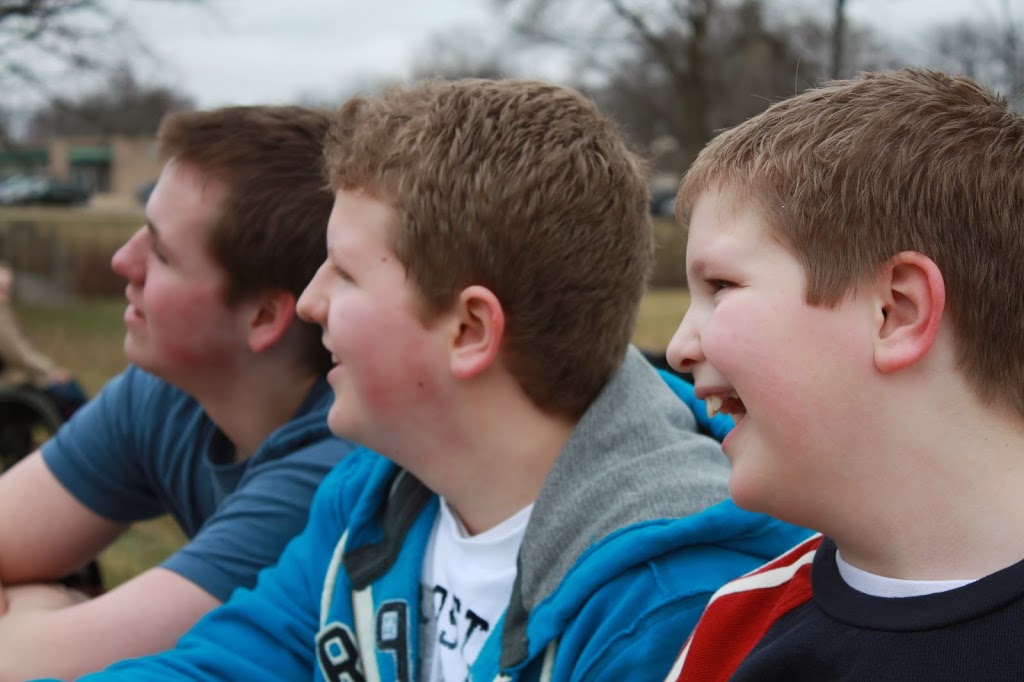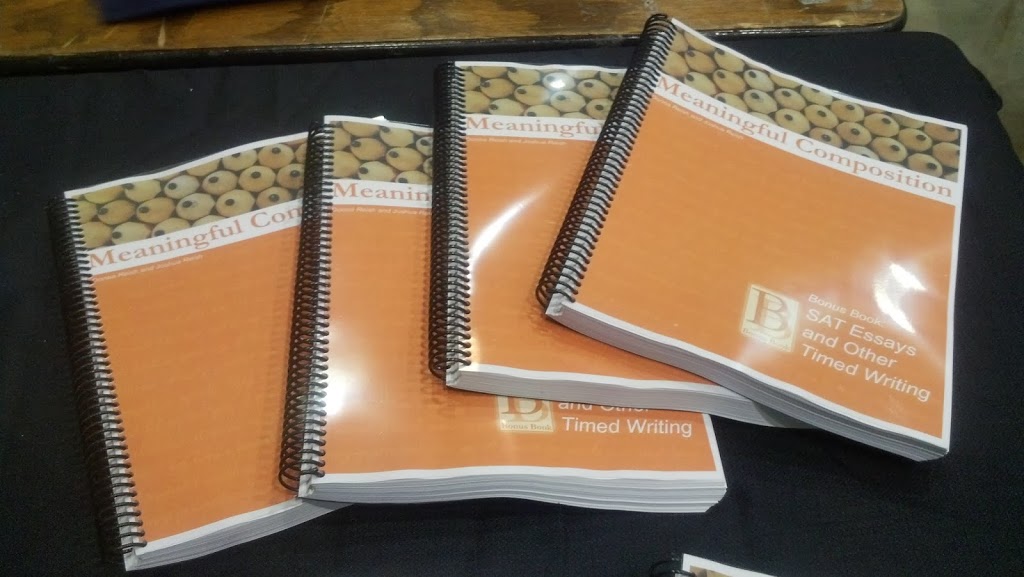
by Donna | Feb 9, 2014
Sit and rise have I’s–and lie does too.
“Coz these are things that I, all by myself, can do.
Set, raise, and lay are words that you choose
When each one has an object after it to use.
I am going to take sit/set; rise/raise; and lie/lay one pair at a time over the next few days; however, I wanted to start the series (or at least this second post) with teacher tips.
I have watched kids with glossed over eyes as I have tried many techniques and order to teach these tricky pairs, and have had many difficulties “rise” up and confuse them (and me!):
- People lie; things get laid down—sort of works, but it’s not just people who lie—the sun lies on the horizon; the city lies asleep in the early morning hours; the animal lies in the middle of the road….you get the idea
- People lie; things get laid down—but it still didn’t help with the sit/set and rise/raise dilemma
- The past tense of lie (as in yesterday I lay down to take a nap…don’t I wish!) is the same as the current tense of lay (as in I am going to lay the book on the table)—poor kids!
- And so many more!
So here are a few tips that I would like to pass along to those trying to teach these rules:
- Consider a rhyme or mnemonic like the one above to reinforce the I’s in sit, rise, and lie—when we remind students that I do those things—and they have I’s in them, we are helping them remember that these do not have objects following them.
- Do NOT start with lie. It is by far the most confusing of the trio—and I try to do that one after rise and sit (with fewer exceptions, etc.) are established in students’ minds.
- DO start with sit. Set has the same tense for all—present; past; and past participle. Today I set the table; yesterday I set the table; before that I have set the table.
- If you are teaching from a Christian standpoint, Jesus and God are prime examples of rise/rose/has risen and raise/raised/has raised:
- Jesus will rise from the grave. God will raise Jesus.
- Jesus rose from the grave. God raised Jesus.
- Jesus has risen from the grave. God has raised Jesus.
- Suggested order: sit/set; rise/raise; and lie/lay.
Happy teaching—and learning! J

by Donna | Feb 9, 2014
“Throughout their lives, your kids will do to and for others what you have done to and for them.”
In our “Character for Tweens and Teens” seminar, we stress the quote above—because we have seen it over and over in our children’s lives during our thirty years of parenting. And it is truly something to consider in the time, effort, money, and teaching that we invest in our children. When I look back at how true this statement has been in our lives, I just want to tell every parent that there are genuine dividends paid for all of that investing!
I could share examples of this with you from every age and stage our seven kids:
*How Joshua, our first born, would sit in the back of the van and tell his sisters what to expect when we got to our destination, how they should behave and how they should treat others—because his mommy and daddy had done that for him since he was a toddler.
*How Kayla, our second daughter, took it upon herself at age fourteen to do all of the cooking for a long period of time during my grief after our stillborn daughter’s birth and my life-threatening ruptured uterus—because her parents had served her, fed her, and taught her everything she needed to know in the kitchen.
*How Cami, our third child, started a ministry for the disabled when she was a senior in high school (that still runs today seven years later and ministers to over a hundred disabled adults every week)—because we taught her to look into people’s hearts to see their deepest needs, and we looked into her heart.
*How the girls planned a special meal for their brothers and even called and invited their grandparents to their “Silly Supper” while Mom and Dad were out of town—because Mom and Dad had always tried to make things special for them.
*How Kara, our fourth child, listened intently night after night to the needs of the teens on the traveling drama team that she led—because her parents had listened to her needs late at night for twenty years.
And on and on and on and on. Our children are far from perfect—as are their parents. But there is one thing that we can be sure they will always do: serve, love, reach out, touch, help, and communicate with others in many of the same ways that they have been served, loved, reached out to, touched, helped, and communicated with by us, their parents.
We have an example of this hot off the press that is so incredibly cute I just had to share it with you. Our almost-eighteen year-old Josiah (sixth child of seven living) asked a few weeks ago if he could surprise his younger brother Jacob (our youngest) by taking him to visit their oldest sister near Chicago where she is in grad school at Wheaton College (a four hour drive from us). We discussed it and decided to let him do it, so he set about planning the trip.
He must have talked to me about the “unveiling” of the trip to Jakie no fewer than a dozen times over the three weeks prior to the trip: “Should I drive home with him from my drum teaching and ask him to tell me where the gps says to turn?” “Should I take him to Cami and Joseph’s (our daughter and son-in-law) and make him think we are spending the night there but then take off from there?” “Should I pack all of his stuff while he is at piano then act like we are going to run errands?” On and on. He had a new idea everyday it seemed.
He set aside two hours the night before to go over directions with his dad, talk to us about details, call Kayla (whom they were going to see), and pack/load the car while Jacob was at the YMCA exercising with Kara (our fourth child). He gassed up his vehicle. He packed snacks. He gathered story tapes. He went to the bank and got cash. He packed Jakie’s things and hid them in the trunk.
At one point in Josiah’s preparations, he said, “Don’t you think this is the best surprise that any of the siblings have ever done for another one?” To which we just smiled and nodded. (Our kids have had a sort of unofficial “best sibling EV-ER” contest going on for many years.)
And then they left. His idea to take Jacob to Cami and Joseph’s and go from there, telling him only when Jacob noticed that they were not taking the route that led home, won out.
And Jacob called us to see if it was really true—“are we really driving to Kayla’s for the weekend?” We could hear Josiah laughing in the background—one happy big brother.
Josiah’s idea wasn’t quite as original as he thought—but we didn’t tell him that, of course. For Josiah had just done nearly everything that we had done for him eight years ago when we took him and his siblings on a surprise weekend trip—right down to hiding packed things in the trunk, packing good snacks, sneaking out story tapes and games, and taking a strange route to confuse them. Because by that time, we knew that “throughout their lives, our kids will do to and for other whatever has been done to and for them.” Smile…

by Donna | Jan 23, 2014
You know what one of my least favorite words is? FACADE.
First of all, I work week in and week out to try to teach that an A, O, U, or most consonants make the C say “kuh.” That would make this word fuh-kade, right? (Or even fay-kade.) Unfortunately, that is wrong.
It is pronounced fuh-sodd. (That A really doesn’t make the C say “kuh.”)
That clearly makes this word a FAKE, which is one of its only redeeming qualities–it means what it looks like! Smile…
That bring us to the second aspect of the word–its meaning. It is a noun that means “a face of a building or a superficial appearance.”
In that regard, it is as it is pronounced–even though it isn’t pronounced like it is spelled (which is true of many words that came from somewhere else).
So it is easy to learn the meaning of—it has to do with what it sounds like–FACE (albeit, a fake face). But it is not spelled as one would think.
So, don’t put on a facade today! Don’t try to put on a superficial front or fake face. Be yourself!

by Donna | Jan 23, 2014
So many of my students have trouble spelling today’s day of the week! Wednesday is definitely not phonetic, so students (and adults!) get stuck on the spelling of it. Most people say Wednesday without the sound of the d at all.
We teach our students to spell difficult words in many ways, giving them as many tools as we possibly can.
1. Syllable by syllable—longer words that are phonetic in nature can often be syllabicated and spelled syllable by syllable by a student who is fairly phonetically-savvy: con/se/quence.
2. Tricks and mnemonics—we call these “Tricky Tricks to Help It Stick” and use them often with our “Wacky Words”—words that have a wacky counterpart that can be confusing, such as the homophones their, there, and they’re. I had an elementary student this year who told the class that they could easily spell Nebuchadnezzar if they just divided it up and pronounced the ch as choo (not kuh): Neb/U/Chad/Nez/Zar! Of course, any tricks that help a person are handy tools to have (though the trick must help that person in order to be effective).
3. Visual tricks—many visual people spell by “seeing” the word—its shape, its sequence of letters (and the shapes those letters make), etc.
4. Memorization—some people are just naturally good spellers (it is now thought to be a specific skill set separate from intelligence) and can memorize a word’s spelling once it is seen.
How do YOU spell Wednesday. Many of my students say it just like it looks to spelll it: WED/NES/DAY!
Does that help you?

by Donna | Jan 13, 2014
 |
| I teach subordinate clause openers extensively in my books because punctuating them properly is key to sentence writing. |
Do you remember what a subordinate clause is from yesterday? A subordinate clause is a sentence (independent clause-can stand alone) that has a subordinator added to the beginning of it (which makes it a dependent clause-is dependent upon something else in order to be used {has to have a real sentence put with it in order to be used}).
Think of subordinate clauses by either of their two names:
1. Subordinate clause–subordinate to the rest of the sentence
2. Dependent clause–dependent on something else to go with it (a real sentence/independent clause) in order to be used
Click here if you need to brush up on subordinators via our Subordinator-Check Sentence or subordinate rhyme.
Subordinate Clause Opener: Now for the opener part.
If you have been reading Language Lady for long, you have learned that a sentence opener has the following characteristics:
1. It gives a sentence more information.
2. It comes at the beginning of a sentence, which gives a paragraph a
different rhythm than if it included all subject-verb patterned sentences.
3. It is often set off with a comma-again, adding to the rhythm of your
sentences.
4. It si usually non-essential, meaning that the senence is still a
sentence without the addition of an opener.
5. It shows advanced writing skills because a writer who has a handle
on the many varieties of sentence openers has a large toolbox of sentence structure at his disposal.
So…if a subordinate clause is a group of words that contains a subordinator+subject+verb, then a subordinate clause opener is a subordinator+subject+subordinate clause that is used as a sentence opener.
Simple enough, huh?
The tricky parts of subordinate clause openers are
(1) Be sure that you never use a subordinate clause opener by itself,
thinking it is a sentence. (It will sound like something is missing-because it is-the real sentence!)
(2) Be sure that you put a comma following a subordinate clause opener.
When you start a sentence with a subordinate clause,
Put the comma in when you hear the pause!
Here are some complex sentences created with subordinate clause openers attached to “real” sentence. In grammar lingo, each one is a complex sentence because it has a dependent clause (subordinate clause) at the beginning attached to an independent clause (real sentence).
If you learn subordinators well, you may write sentences with subordinate clauses.
If you put a dependent clause at the beginning of a sentence, put a comma in before writing the real sentence part.
As you learn more and more about sentence structure, your writing will improve.
Since people are impressed by good grammar and strong writing, you will become an impressive person as you learn grammar usage.
When you start a sentence with a subordinate clause, put the comma in where you hear the pause.
Although many people do not remember much about dependent and independent clauses, this does not make these clauses unimportant.
Because I want to write well, I am working on my usage skills.
Though some consider analyzing sentences as outdated, I know that it helps me write better.
If you lasted to the end of this lesson, you will be able to write well with subordinate clause openers!

by Donna | Jan 9, 2014
 |
| Studying subordinators, subordinate clauses, and subordinate clause openers… |
Did you memorize subordinators, so you can write with subordinate clause openers properly? If not, you can find the post on there here.
Once you memorize subordinators, you are ready to write with subordinate clauses. Specific to this lesson, you will be ready to write subordinate clause openers (subordinate clauses that are added to the beginnings of sentences).
As far as a subordinate clause is concerned, it contains a subordinator and a subject and a verb.
Subordinator + Subject + Verb
When she drove,
As he said,
After she left,
When they arrived,
Because he smiled,
Did you notice anything about those subordinate clauses? If you noticed that each one would be a sentence if the subordinator were removed, you are correct!
A subordinate clause is a sentence (subject + verb) that has a subordinator at the beginning of it!
Sentence: She drove.
Subordinate clause: When she drove,
Sentence: He said.
Subordinate clause: As he said,
Sentence: She left.
Subordinate clause: After she left,
Sentence: They arrived.
Subordinate clause: When they arrived,
Sentence: He smiled.
Subordinate clause: Because he smiled,
So….a subordinate clause is a sentence (independent clause-can stand
alone) that has a subordinator added to the beginning of it (which makes it a dependent clause-is dependent upon something else in order to be used {has to have a real sentence put with it in order to be used}).
Think of subordinate clauses by either of their two names:
1. Subordinate clause–subordinate to the rest of the sentence
2. Dependent clause–dependent on something else to go with it (a real sentence/independent clause) in order to be used










